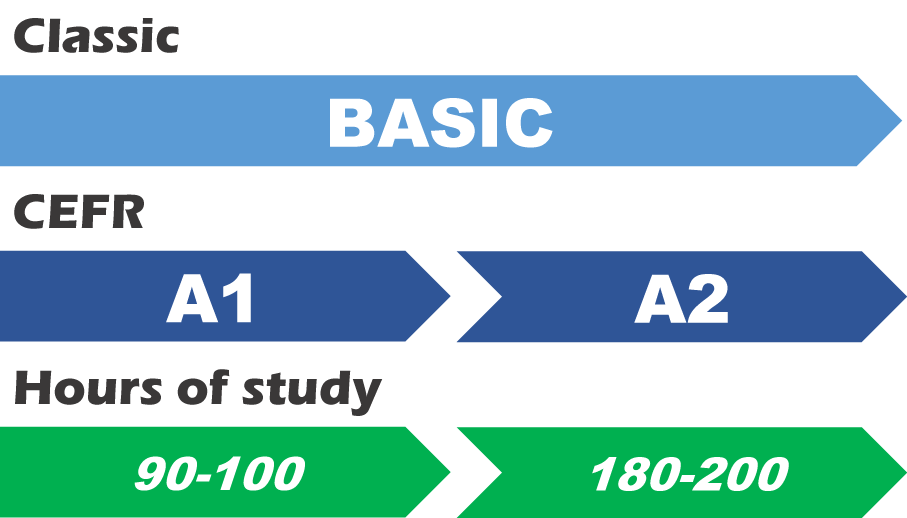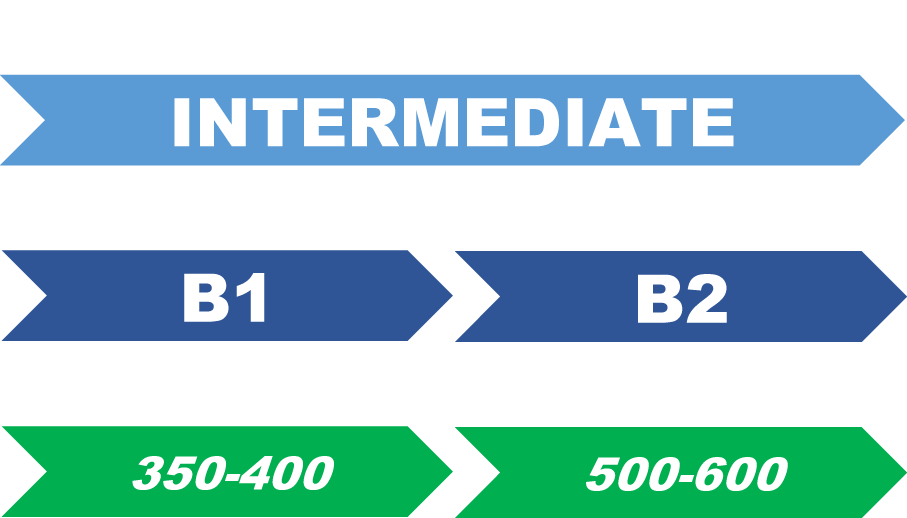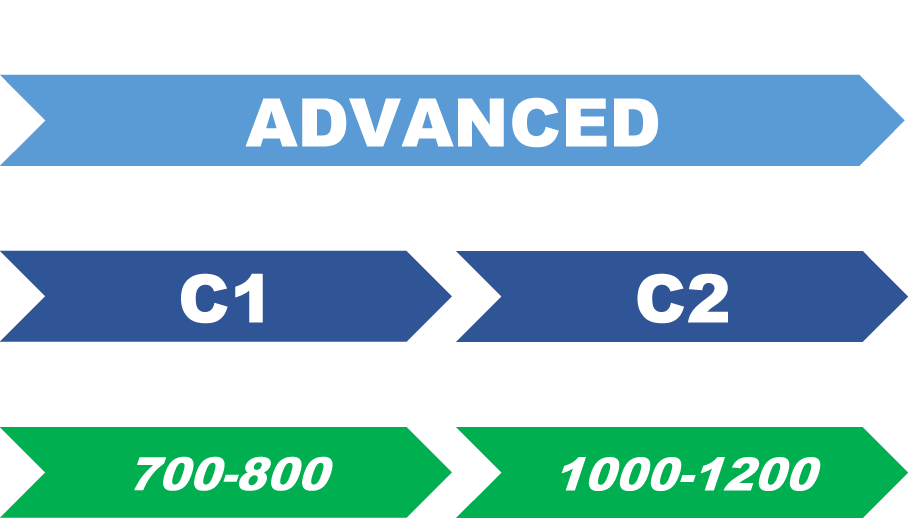[Last updated on 25/07/2018]
There are many different names and descriptions for English levels of proficiency. They have often been divided English level of ability into three classic levels, Basic, Intermediate and Advanced, in other words a low, medium and high level of language proficiency.
Nowadays, one of the most commonly used systems is the CEFR, the Common European Framework of Reference for language learning. The CEFR divides language ability into six levels (A1, A2, B1, B2, C1 and C2). It also gives an internationally-recognised description of each level. This has been used by numerous English language teaching specialists worldwide to support language learning, language teaching and language assessment.
Dividing English language skills into levels gives a clear outline of your English abilities. It also helps to clarify targets for English learners to reach the next level.
What about other descriptions?
Many language learners and teachers are also familiar with other descriptions. For example, many have described levels as Beginner, Elementary, Pre-intermediate, Intermediate, Upper Intermediate, Advanced. However, these English levels often do not accurately match the CEFR. Therefore, we decided to use the definitions of the CEFR and our research to give key targets for English students to develop their English language skills.
There are also different levels for official English proficiency exams. These can also be matched to the CEFR to understand your English level of proficiency. For a comparison, please visit our English Exams page.
How long does it take to complete each level?
It takes a long time to learn English to a high level. (I know… I’m learning German and I need to be realistic too!) The diagram indicates the total number of hours needed to complete each level. Obviously, this can be different for each language learner. For example, to complete English level B1, you need to study for a total of 400 hours. If you start at A1, this can easily take six months or longer. It is also very unusual for language learners to reach English level C2 with only one year of studying.
What is the best way to improve your English level of proficiency?
We recommend three key stages:
1. Find out your English level?
In order to set study targets, you need to know your English level. You can try our free English test today.
2. Study English
We also have recommended a wide variety of study materials for each English language level.
3. Practise with an English teacher
To really improve your level, you need to practise and develop your English communication skills. If you take an English course you can improve your speaking and writing with a qualified English language teacher, who can give you valuable feedback and motivation to help you develop to the next level.


